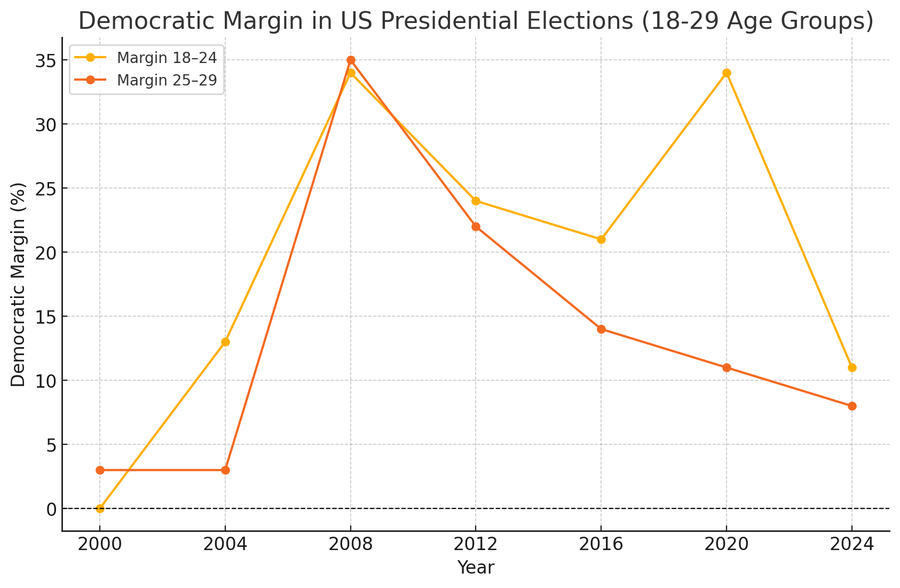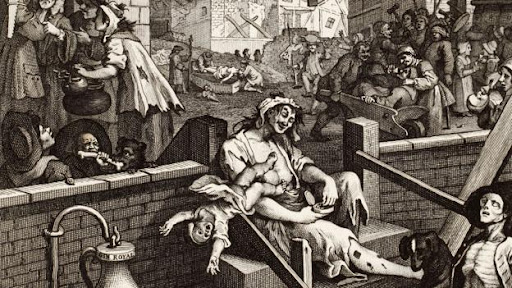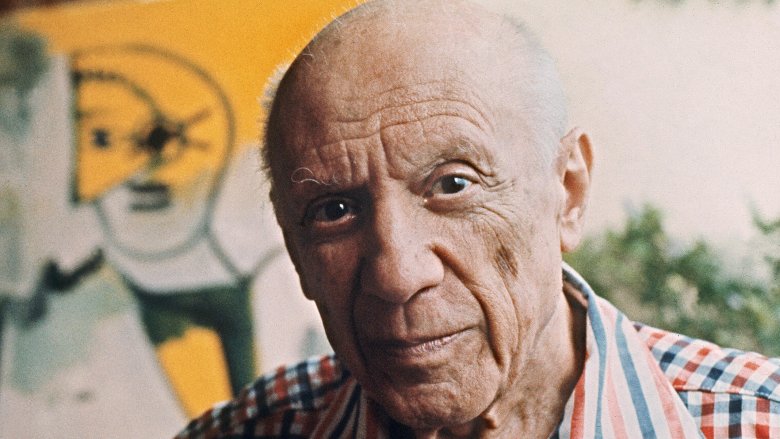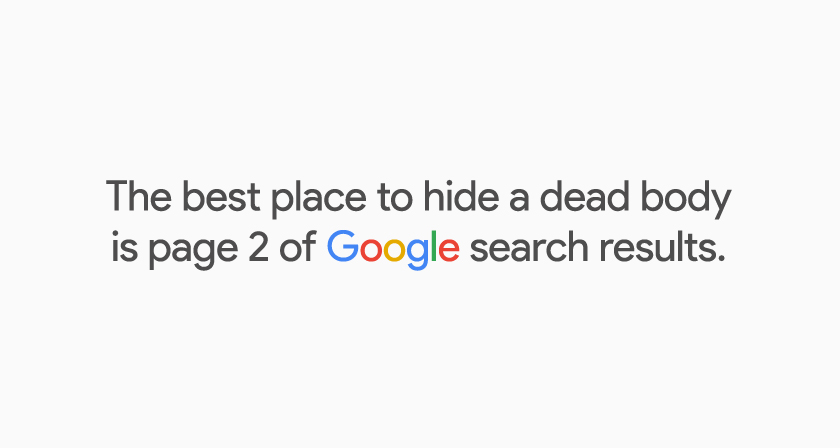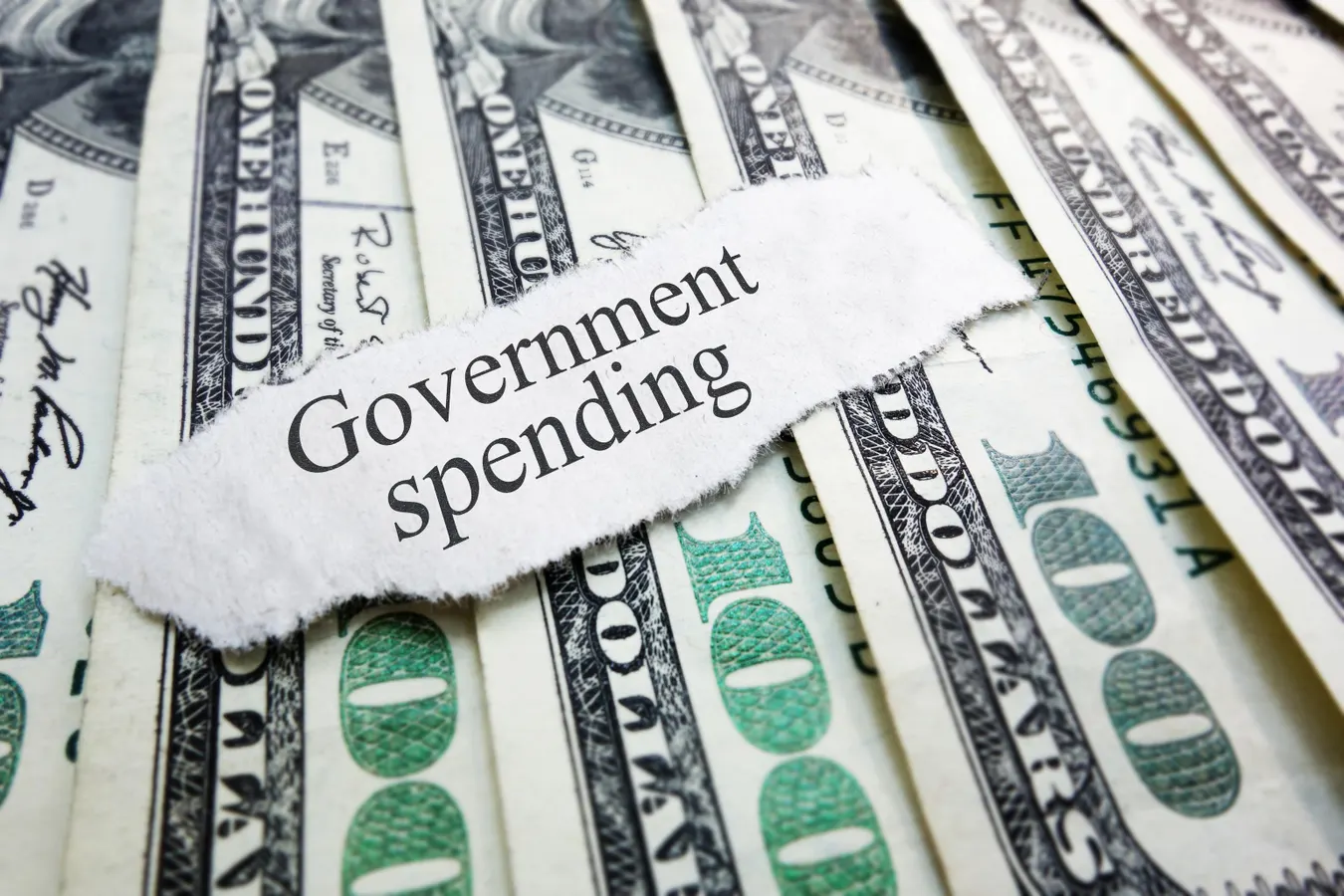GDP has always excluded parent childcare, volunteering and other unpaid work from its calculation. More recently, it has failed to properly account for much of the digital economy. For instance, Facebook is only counted by its advertising revenue ($40 per user per year) but our willingness to pay for the service is much higher at $600 a year. These and other omissions explain why, to quote John F Kennedy, “GDP measures everything except that which makes life worthwhile”.
All Threads
It’s not new to say generations are misleading, but voting behaviour makes it clear to see: in the 2024 US election, Kamala Harris’s winning margin declined by 23 points among 18-24 year olds but only 3 points among 25-29 year olds. Technically, these age groups are both part of Gen Z.
In 2017 George Clooney sold his tequila brand Casamigos for $1 billion, and it became the fastest growing spirit brand of 2022. There’s no doubt it tastes good, but there’s also no doubt his fame contributed to its success. Clooney is one of several celebrities to create a successful alcohol brand; David Beckham & Haig Club, Ryan Reynolds & Aviation, Kendall Jenner & Gin 818 Tequila
Gin has become increasingly fashionable in the UK, but we’ve been here before: during the ‘gin craze’ of the 1700s the average person was drinking 10 litres of gin each year (vs 2 today), and consumption became so rife that Parliament passed several laws to reduce it.
Anyone who has tried to get Glastonbury tickets knows the chaos involved, manically refreshing the landing page to secure a spot in the queue. Yet fans complained when the festival introduced instead a new system in 2024, randomly assigning everyone to a place in the queue as shown by green tabs. Yes it was easier, and fairer, but it removed the fun of the process that had become an institution in its own right.
Every governing party facing election in a developed country lost vote share in 2024, the first time this has ever happened.
Billions of people live in extreme poverty with almost no income, but that fact often feels too abstract to be meaningful. This prompted statistician Anna Rosling to launch Dollar Street, a project that uses photos to showcase the reality of living in poverty. Photographers have documented hundreds of homes in 50 countries so far, and in each home the photographer spends a day taking photos of up to 135 objects, everything from toothbrushes to shoes.
The world’s most annoying singer.
Getting home insurance is a serious faff, especially when providers ask you about intricate details you’ve never thought about. But the website GoCompare makes the process more consumer friendly by using visual cues. After all, it’s much easier to recognise your lock from an image than a description.
Some of the greatest artists in history – Picasso, Woody Allen, Kanye West – do things that are morally (and legally) wrong. Should we think of them as good or bad? In many cases, the answer is both.
Few people recognise this quote: “whenever a government seeks to rely on a previously observed statistical regularity for control purposes, that regularity will collapse”. But it’s actually the original formation of Goodhart’s Law, as described by economist Charles Goodhart. Thankfully, the law was simplified by anthropologist Marilyn Strathern beyond the world of statistics: “when a measure becomes a target, it ceases to be a good measure.”
Google pays $26.3bn to make its search engine the default on smartphones and browsers. It recognises that simply being present is enough to drive usage.
People say they seek out the best option, but their behaviour says otherwise. Only 0.63% of Google searchers clicked on something from the second page (hence it’s an excellent place to hide something bad…).
GoPro was founded in 2002 by Nick Woodman, a surfer who wanted a better way to capture action photos of himself and his friends, leading to the development of a 35mm film camera strapped to the wrist (which became the first GoPro Hero).
60% of Americans think the government is spending too much. But what exactly is the government spending too much on? Not social security: 62% think the government spends too little on that, versus 7% who think it spends too much. Not Medicare (58% want more spending, 10% want less). Not healthcare (63% want more spending). Not education (65% want more). This is the danger of relying on general wording when the devil is in the detail.


